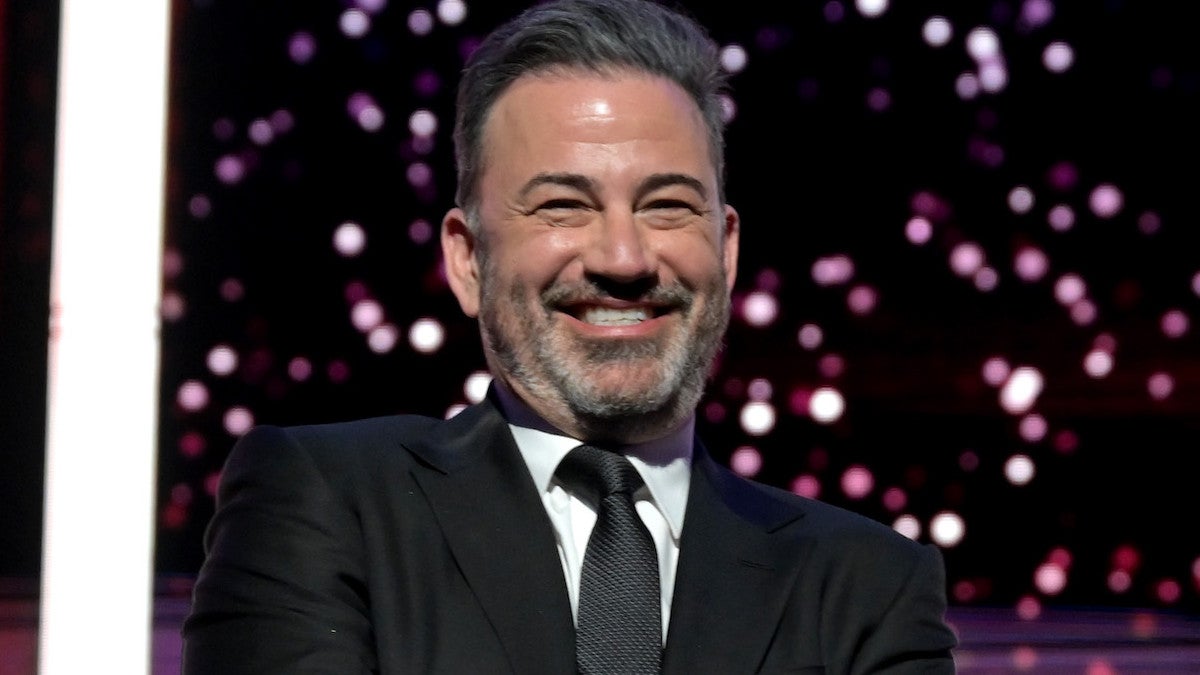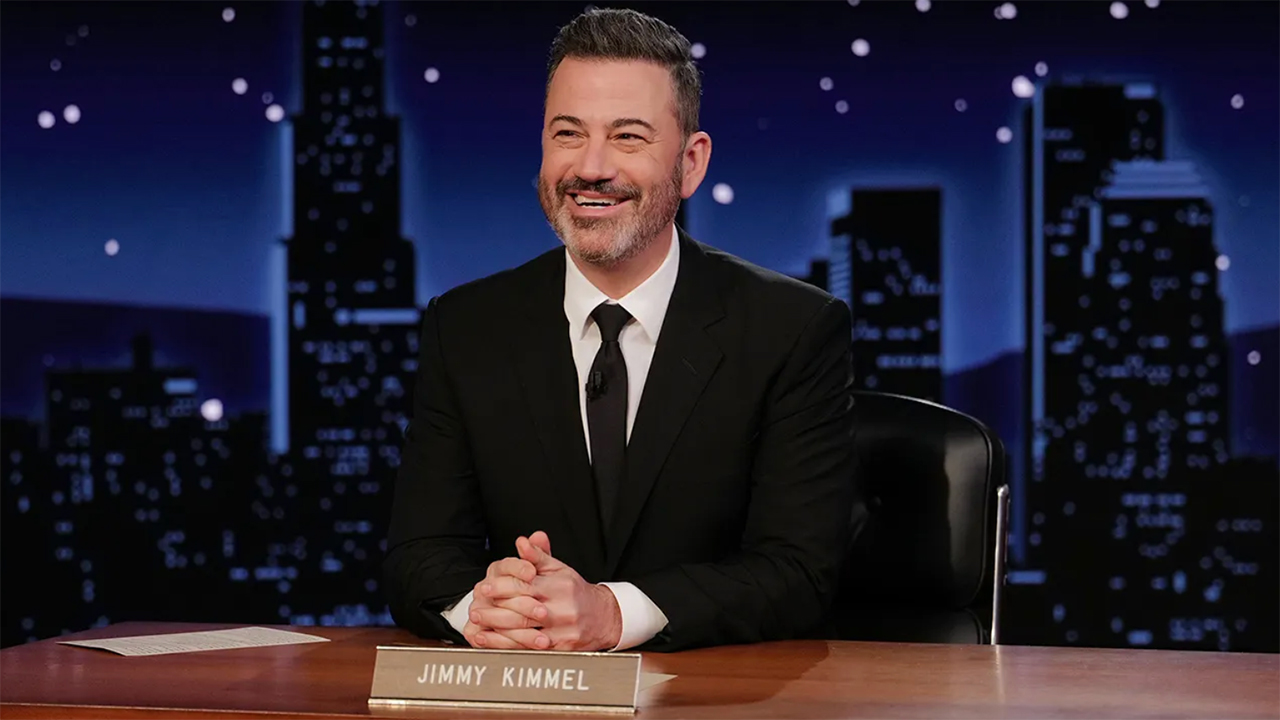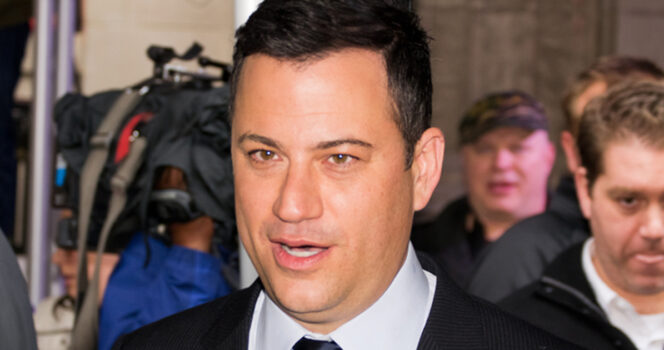Jimmy Kimmel, one of late-night television’s most recognizable hosts, has faced a turbulent few weeks following controversy surrounding remarks he made on air. His late-night program, Jimmy Kimmel Live!, which has aired on ABC since 2003, was briefly suspended before being reinstated. While ABC and its parent company, The Walt Disney Company, have confirmed his return, the comeback has been complicated by resistance from certain local affiliates, highlighting the challenges national broadcasters face in balancing programming, public perception, and affiliate partnerships.
ABC’s Decision to Suspend Jimmy Kimmel Live!
In mid-September 2025, ABC announced the temporary suspension of Kimmel’s late-night show after comments he made sparked widespread debate. According to an official statement from The Walt Disney Company, the decision was not made lightly but was aimed at easing tensions during a sensitive national moment. Disney explained that the move was meant to prevent further inflaming of public opinion while allowing time for conversations with Kimmel about the impact of his remarks.
During the suspension, ABC emphasized that it valued both creative expression and sensitivity to the broader audience. The company clarified that suspending the show was not intended as a cancellation but rather as a cooling-off period.

Return of Jimmy Kimmel Live!
On September 22, 2025, The Walt Disney Company issued a follow-up statement confirming Kimmel’s return. Disney noted that it had held “thoughtful conversations” with Kimmel and felt that the show was ready to return to air. The statement highlighted the importance of moving forward in a constructive way while continuing to uphold the standards expected of national broadcasting.
The return was welcomed by many of Kimmel’s fans, who viewed the suspension as an overreaction. At the same time, critics argued that ABC had been too lenient, showing the polarized reactions that often accompany controversies involving high-profile figures in entertainment.

Affiliate Pushback: Sinclair’s Preemption of the Show
While ABC and Disney cleared the way for Kimmel’s return, not all local affiliates followed suit. Sinclair Broadcast Group, which operates ABC-affiliated stations in dozens of markets across the United States, announced that it would not air Jimmy Kimmel Live! in nearly 40 television markets. Instead, these affiliates opted to replace the late-night program with local news broadcasts.
In a statement, Sinclair confirmed that discussions with ABC were ongoing, but the company stressed that it had concerns about the content and professionalism of the program. The move underscored the power local affiliates hold in shaping what viewers ultimately see on their screens.

What Is a Preemption?
In broadcast television, a preemption occurs when a local affiliate chooses to replace national programming with its own content. Affiliates are independently owned and operated, even though they are connected to national networks such as ABC. This means that while ABC provides programming on a national level, affiliates can exercise discretion over what is broadcast locally.
Preemptions often happen for local sporting events, breaking news, or special coverage. However, in this case, the decision by Sinclair was rooted in editorial concerns, making it a more unusual and controversial move.
The Broader Debate Over Free Speech and Responsibility
Kimmel’s suspension and the subsequent affiliate pushback have fueled debate over the balance between free speech and corporate responsibility. Supporters of Kimmel argue that late-night comedy has long been a space for political commentary, satire, and occasionally controversial humor. Critics counter that as a broadcaster on a national platform, there is a responsibility to avoid content that could be seen as insensitive or inflammatory.
Media experts note that such controversies reflect the increasingly polarized environment in which entertainers operate. According to the Pew Research Center, public trust in media is divided sharply along political lines, with significant differences in how Americans perceive network news and entertainment programming. This divide often influences how controversies involving celebrities and media figures are received.

The Role of Affiliates in National Broadcasting
The conflict between ABC and Sinclair also highlights the sometimes-tense relationship between networks and their affiliates. While networks rely on affiliates to bring programming to local audiences, affiliates have significant autonomy and can influence what national shows succeed or struggle in their markets.
This autonomy can create challenges when affiliates and networks have different priorities or political leanings. For viewers, it means that programming may differ depending on where they live, even if they are tuned to the same national network brand.
Impact on Late-Night Television
Kimmel’s situation is not entirely unique. Late-night television has often served as a cultural battleground, with hosts such as Stephen Colbert, Seth Meyers, and Trevor Noah facing criticism for their political commentary. The difference in Kimmel’s case is the direct involvement of affiliates refusing to air the program, a move that could set a precedent for future conflicts between networks and local stations.
If more affiliates take similar steps, it could fragment the audience for late-night programming, which is already facing challenges from streaming platforms and shifting viewer habits. According to Nielsen ratings data, late-night viewership has steadily declined over the past decade, with younger audiences more likely to consume clips online rather than tune in live.

The Path Forward
For now, Kimmel’s return remains intact on most ABC stations nationwide, but the affiliate preemptions represent a significant obstacle. Negotiations between Sinclair and ABC are ongoing, and the outcome will determine whether Jimmy Kimmel Live! will regain full access to its previous audience.
Disney and ABC are likely to continue balancing their support for Kimmel with their commitment to maintaining relationships with affiliates. Meanwhile, Kimmel faces the challenge of navigating his return to the spotlight in an environment where public perception can change quickly.
Conclusion
Jimmy Kimmel’s recent suspension and complicated comeback underscore the delicate balance between entertainment, free speech, and corporate responsibility in modern broadcasting. While ABC and Disney have cleared the way for his return, affiliate resistance shows that national decisions do not always guarantee uniform results at the local level.
The episode serves as a reminder that late-night television remains a powerful but contested space in American media. For viewers, the situation illustrates how behind-the-scenes decisions by networks and affiliates can directly affect what shows reach their screens.
As ABC, Disney, and Sinclair continue discussions, the future of Jimmy Kimmel Live! will depend not only on ratings and audience loyalty but also on the broader dynamics of a changing media landscape.
